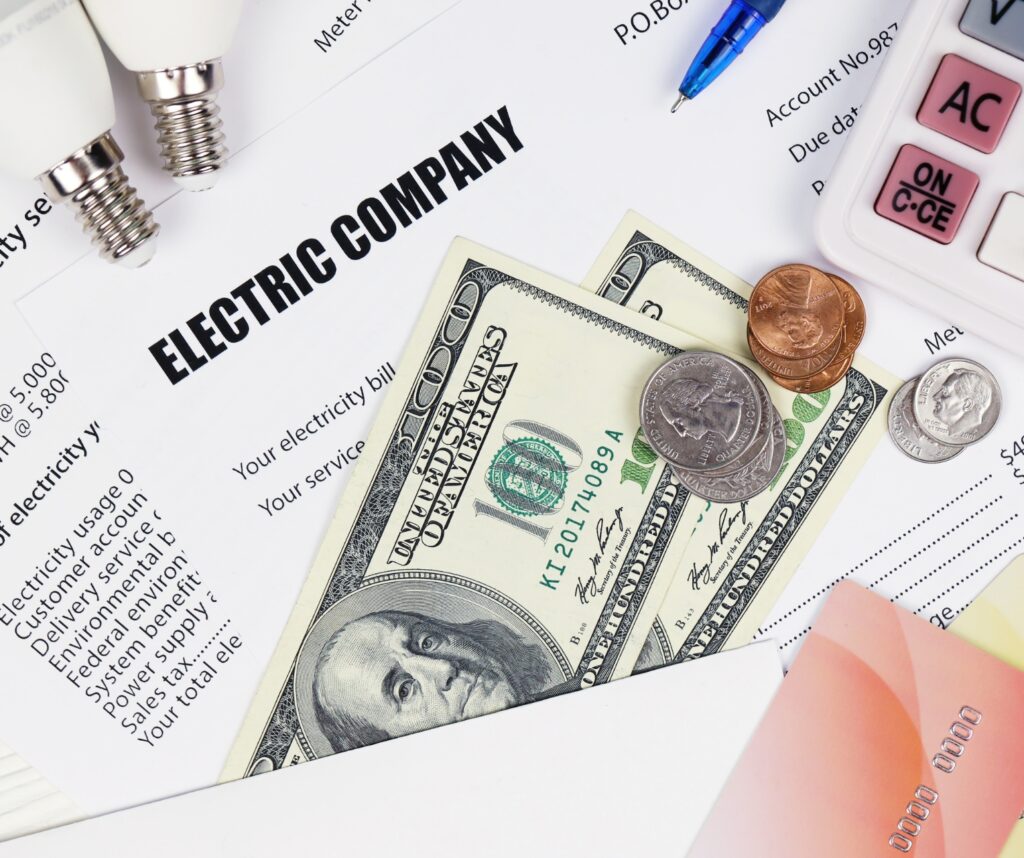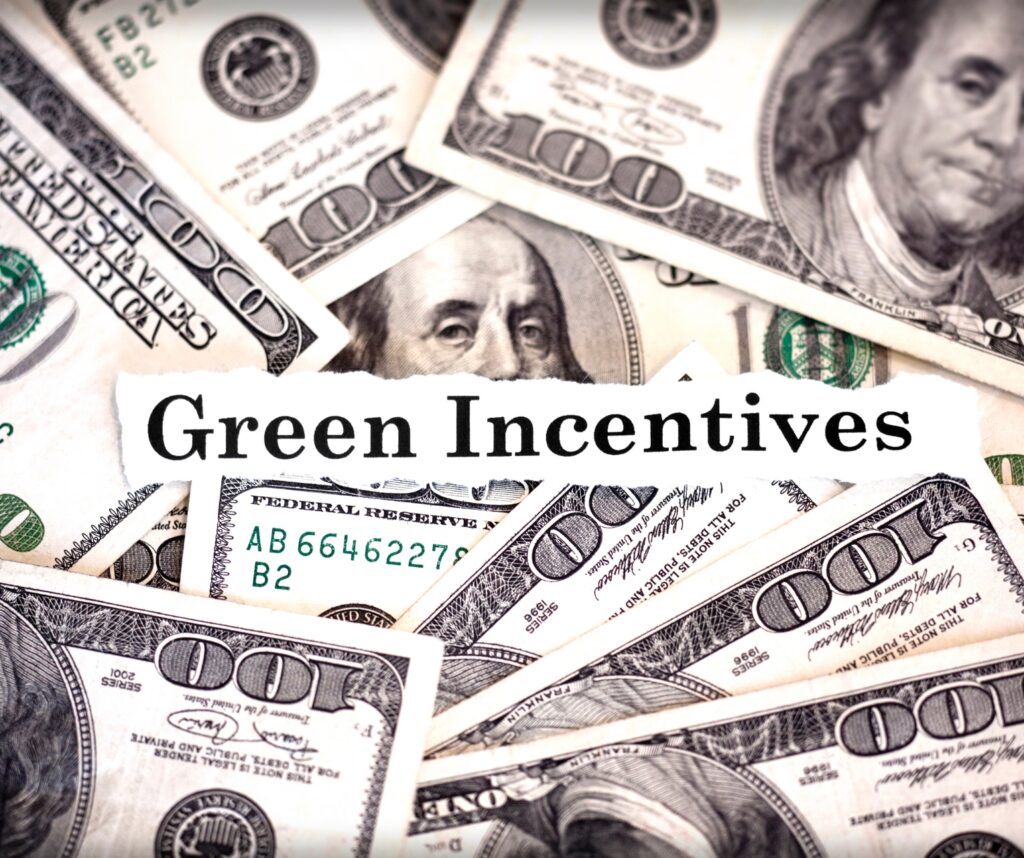Ready to Go Solar?
Get Educated First!
Things You Must Know Before Going Solar
The sun, a giant ball of burning gas, has been providing free and abundant energy for millions of years. But how do we harness this power for our everyday lives? Enter solar energy, a revolutionary technology that converts sunlight into clean, renewable electricity. Here's how going solar can benefit you and the planet:

Slash Your Electricity Bills
Solar panels act like mini power plants on your roof, generating electricity to power your home. This reduces your dependence on the traditional grid, leading to significant savings on your monthly electricity bills. Over time, these savings can add up to a substantial amount, putting more money back in your pocket.

Become Energy Independent
Imagine generating your own clean energy and being less reliant on the fluctuations of the electric grid. With solar, you can achieve a greater degree of energy independence, providing peace of mind and a sense of empowerment. During power outages, a properly sized solar system with battery backup can even keep your essential appliances running.

Boost Your Home's Value
Studies have shown that homes equipped with solar panels tend to sell faster and for a higher price compared to similar non-solar homes. This is because solar panels are seen as a valuable asset, offering significant cost savings and environmental benefits to potential buyers.

Embrace a Sustainable Future
Fossil fuels are a major contributor to greenhouse gas emissions and climate change. By switching to solar, you're actively reducing your carbon footprint and contributing to a cleaner, healthier planet for generations to come. Solar energy is a truly renewable resource, ensuring a sustainable future for our energy needs.

Government Incentives
Many governments around the world, offer attractive incentives to encourage the adoption of solar energy. These incentives can include tax credits, rebates, or feed-in tariffs that can significantly reduce the upfront cost of installing a solar system. Be sure to research the specific incentives available in your area to maximize your savings.

Low Maintenance and Long Lifespan
Modern solar panels require minimal maintenance. They are typically built to withstand harsh weather conditions and have a lifespan of 25 years or more. Once installed, your solar system will provide clean energy for decades to come, with minimal upkeep required.
Clean energy tax credits
Clean Electricity Tax Credits: These credits provide up to a 30% investment tax credit (ITC) or a $26/MWh production tax credit (PTC) for solar, wind, geothermal and certain other new clean electricity generation facilities meeting prevailing wage and apprenticeship requirements. A production tax credit of up to $15/MWh is available to existing nuclear generation facilities, depending on the market price they receive for the electricity they sell.
Clean Hydrogen Production Tax Credit: This credit provides up to $3 per kg of hydrogen from facilities meeting prevailing wage and apprenticeship requirements, depending on the lifecycle greenhouse gas emissions from producing it. The credit starts at $0.60 per kg of hydrogen with lifecycle emissions of less than 4 kg CO2-equivalent per kg of hydrogen (kgCO2e/kgH2). Hydrogen with lifecycle emissions less than 0.45 kgCO2e/kgH2 is eligible for the full credit. IRS guidance on determining the lifecycle emissions from hydrogen production is forthcoming and could have a significant impact on how effective this credit is in reducing emissions.
Advanced Energy Project Credit: This credit allocates $10 billion for investments in qualifying advanced energy projects. The goal of this credit is to expand U.S. manufacturing capacity, reduce domestic industrial emissions, and to secure domestic critical mineral supply chains needed for the clean energy transition.
Sustainable Aviation Fuel Credit: Qualified business entities can access a credit of $1.25 per gallon of Sustainable Aviation Fuel in a mixture. To qualify for the credit, Sustainable Aviation Fuel must have a minimum reduction of 50% in lifecycle greenhouse gas emissions.

Missouri, USA
In Missouri, using solar energy is recognized as a property right, but it cannot be acquired through eminent domain. Easements for the construction, reconstruction, remodeling, or acquisition of solar energy systems must be in writing and follow the same recording and conveyance requirements as other easements. Solar easements are classified as negative (restrictive) easements and cannot be obtained through prescription; they must be expressly negotiated.
In June 2022, Missouri passed S.B. 820, which bars deed restrictions, covenants, and similar agreements tied to the land from prohibiting or unreasonably restricting rooftop solar panel installations.

Florida, USA
Title XI Section 163.04: Energy devices based on renewable resources Florida state laws expressly forbid the prohibition of solar panels by local entities, including homeowners associations. Some rules regarding design and appearance may be allowed, for example, in historic districts.

Texas, USA
The Texas Senate Bill (SB) 1626 allows developers to prohibit homeowners in residential subdivisions from installing solar panels on their homes during the development period only if the development consists of 50 or fewer units

Hawaii
In Hawaii, electricity prices are higher compared to states on the U.S. mainland. As a result, homeowners can achieve significant savings by generating their own energy using solar panels. The Aloha State provides several incentives for those who choose to go solar, including a solar tax credit of up to $5,000.